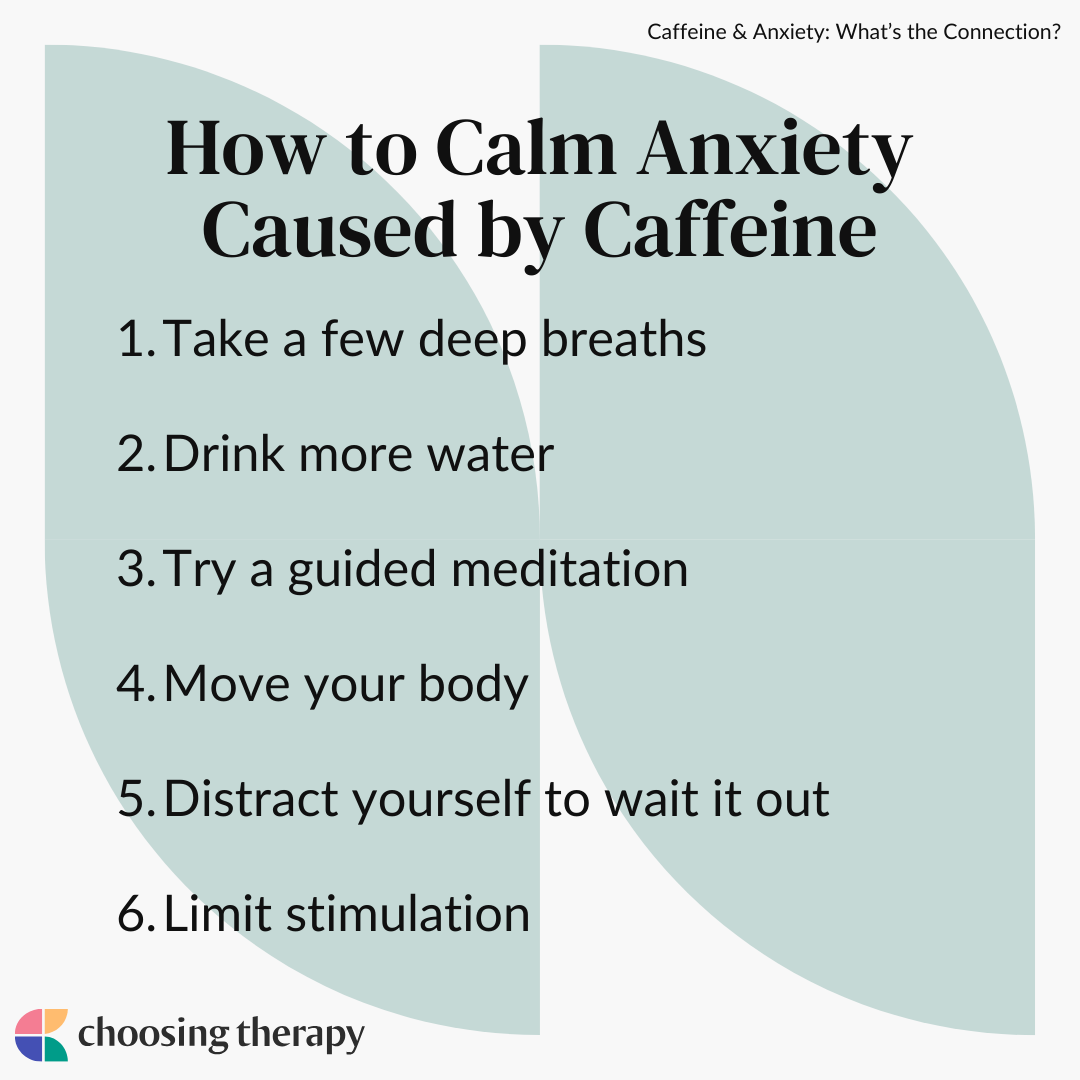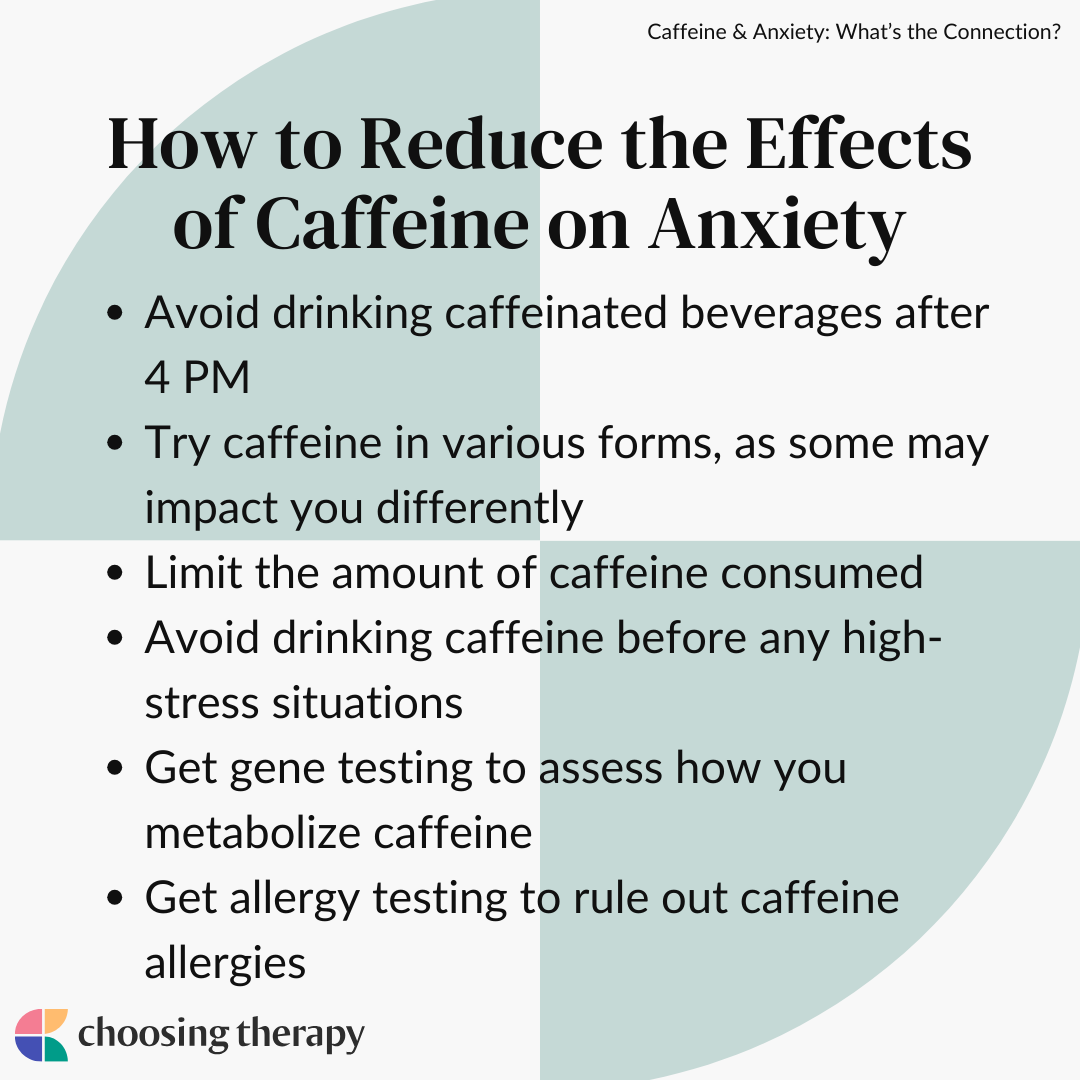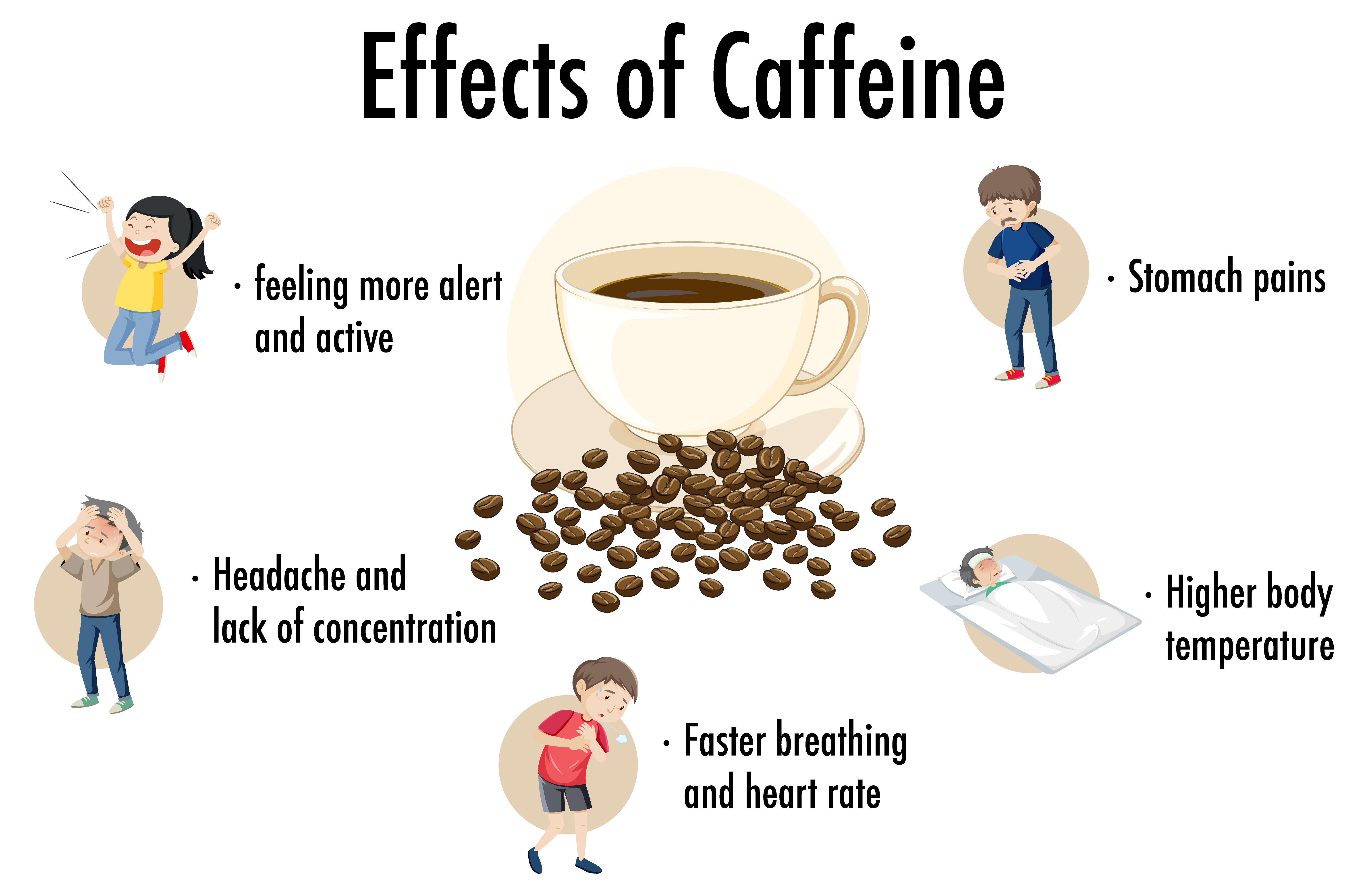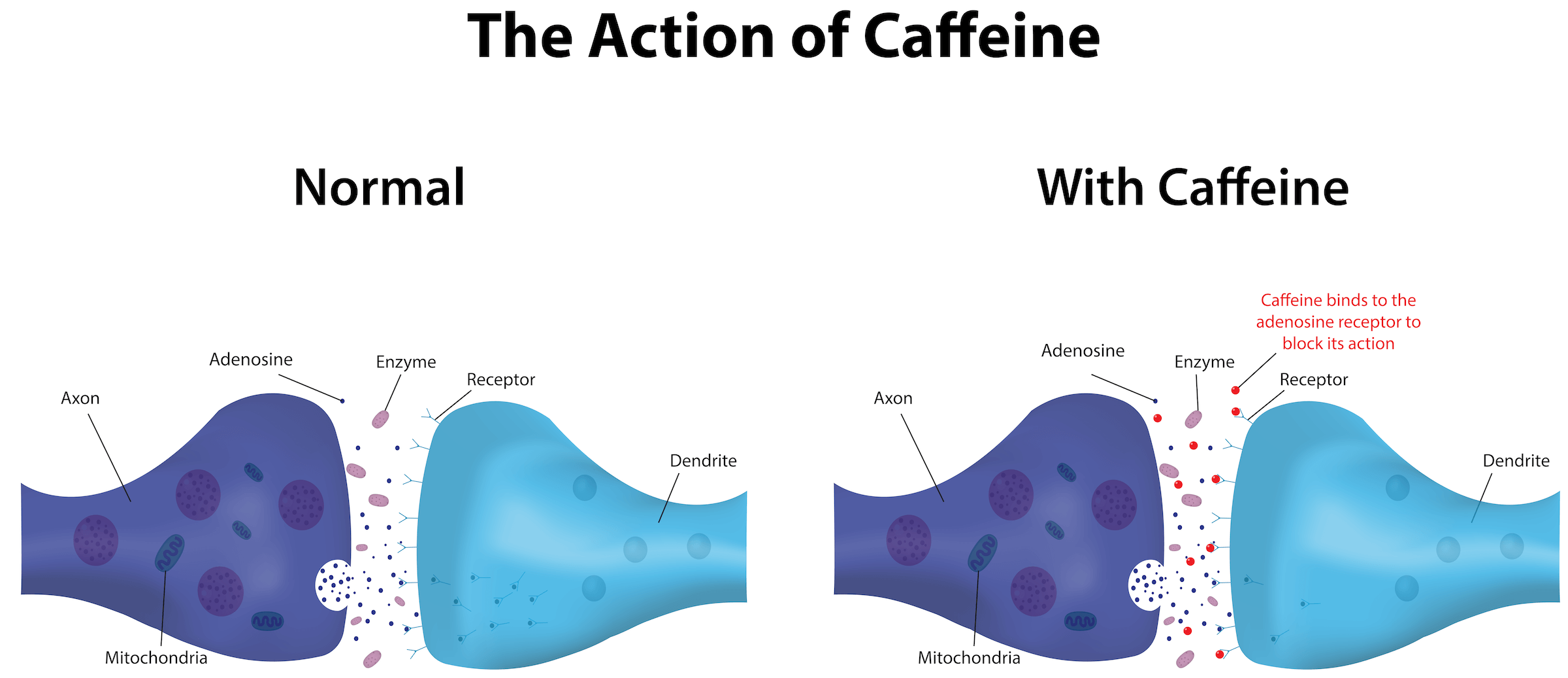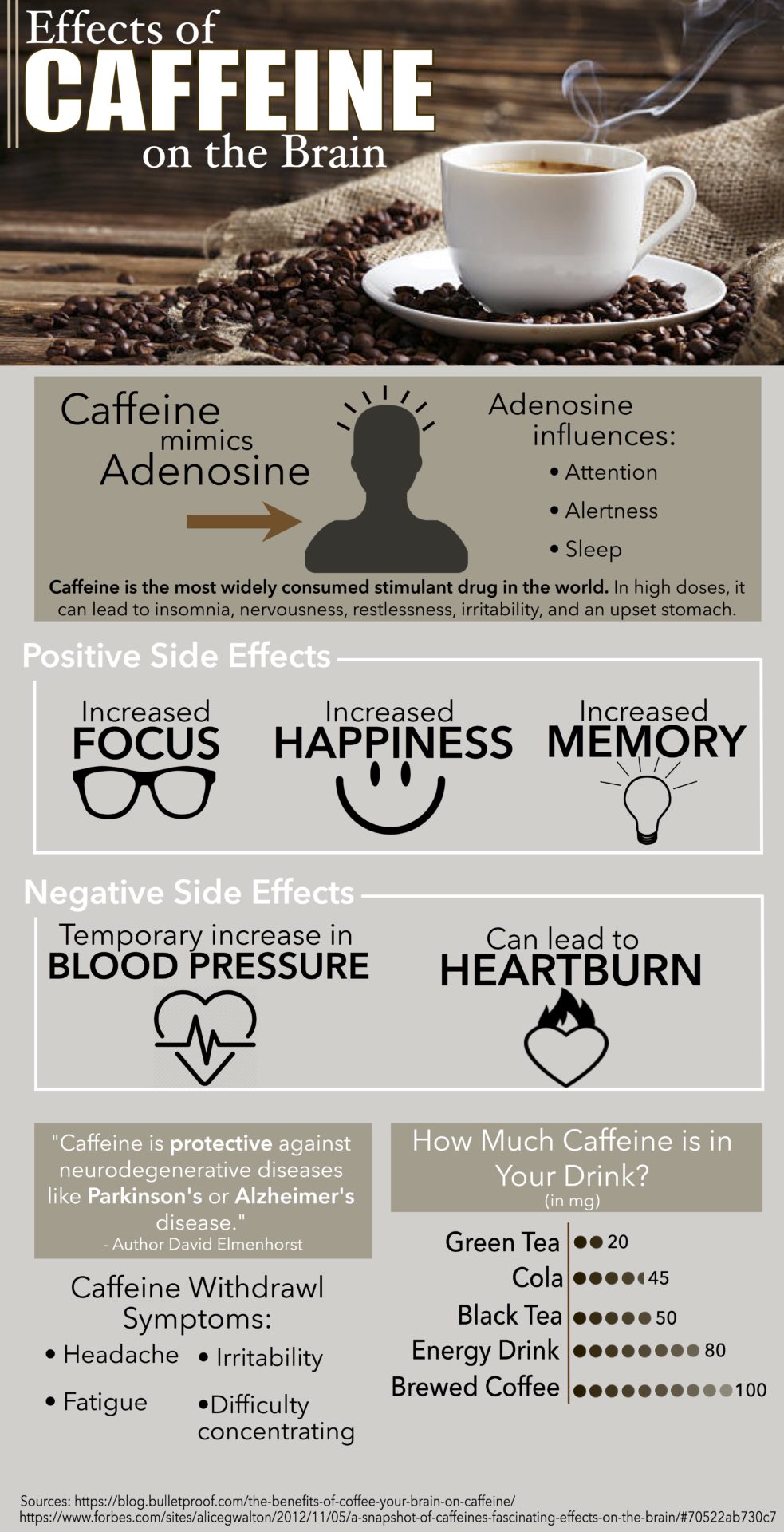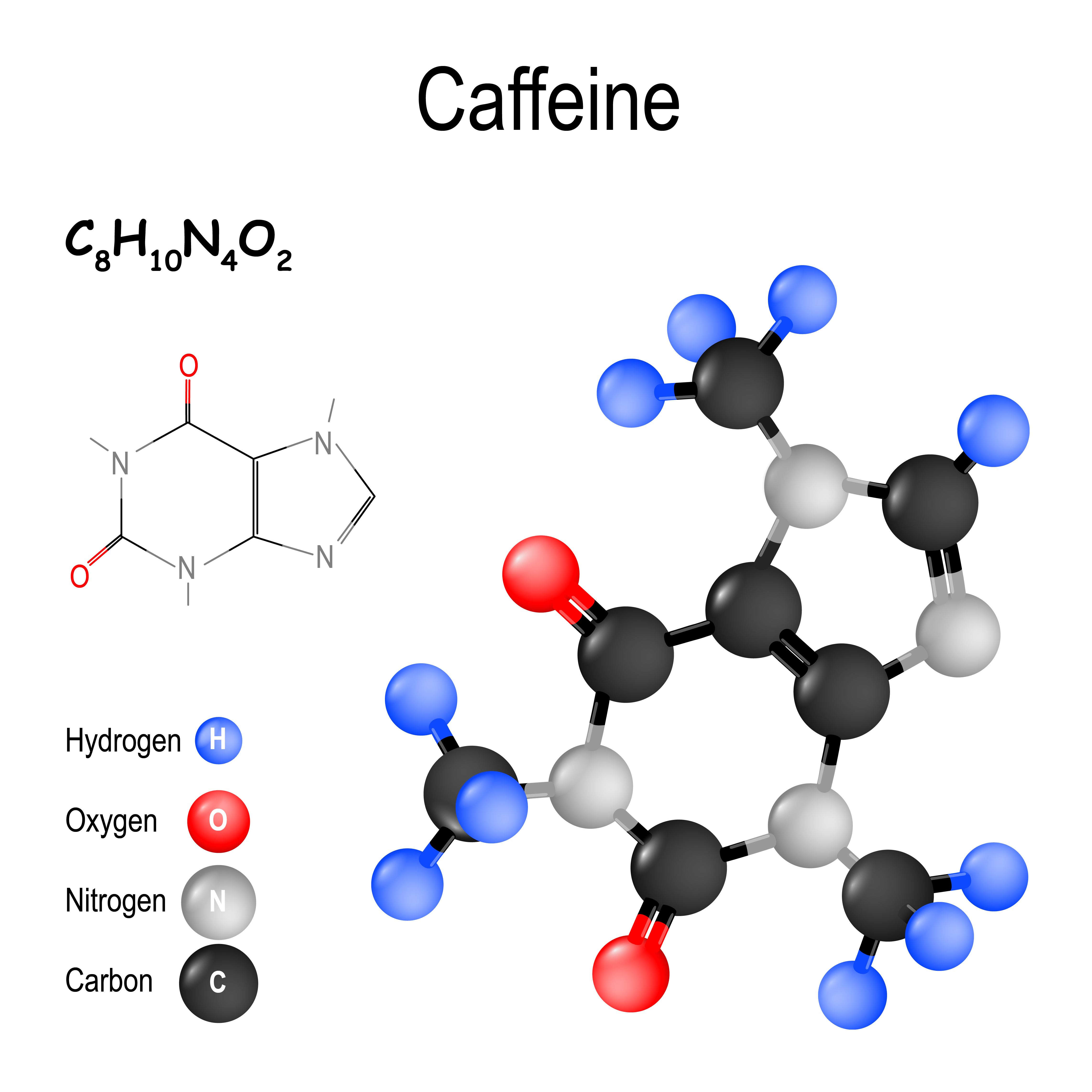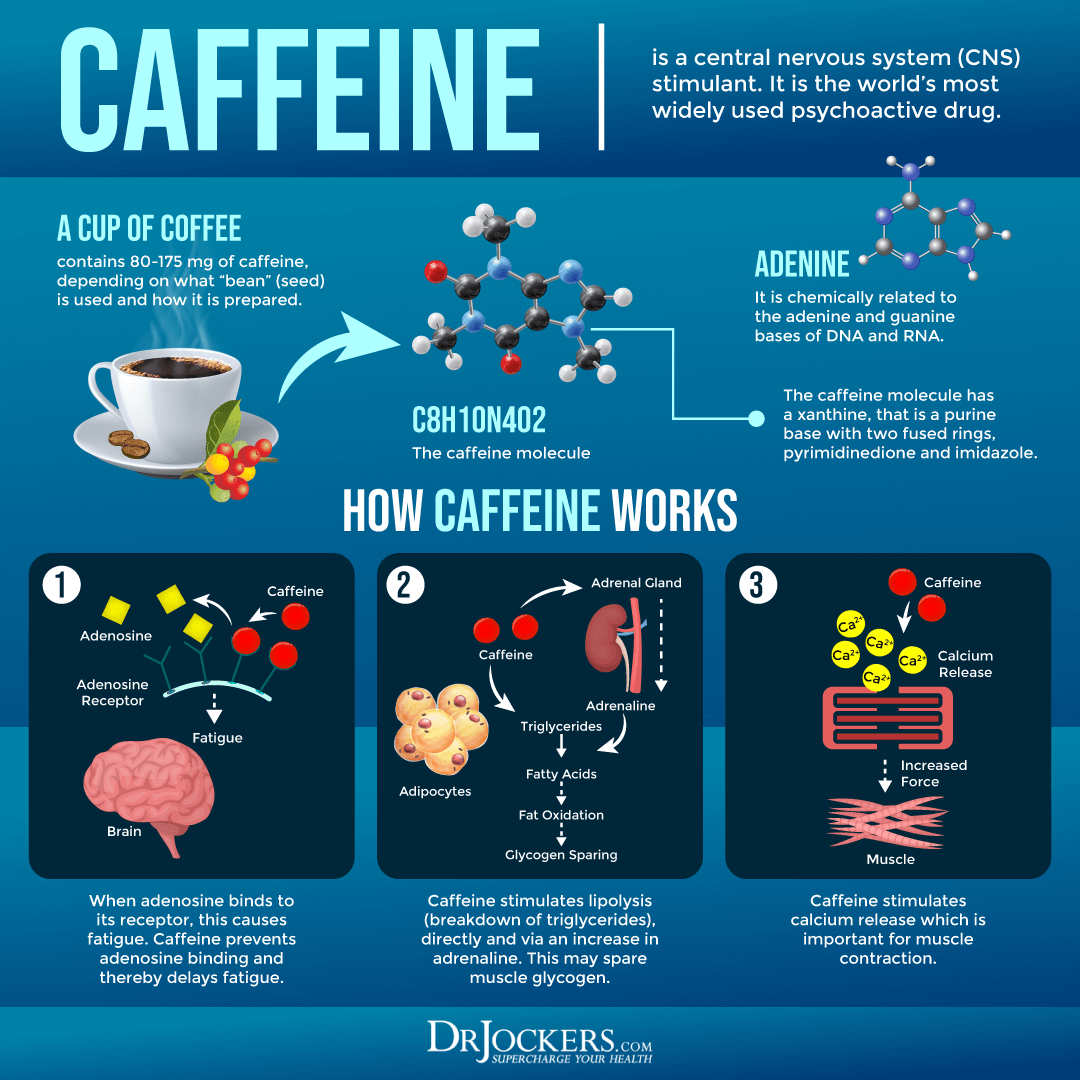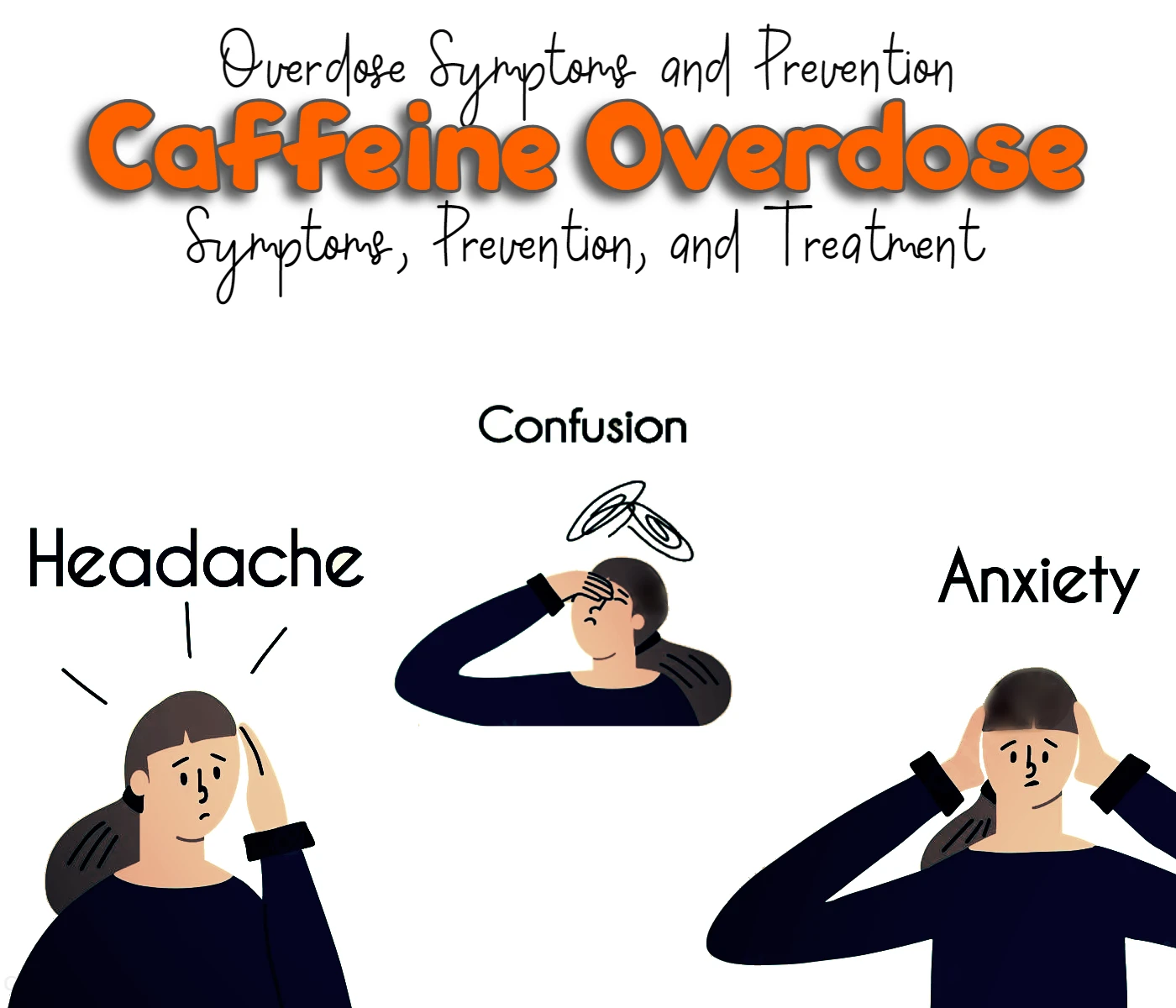How To Calm Down Caffeine Jitters

That familiar buzz from your morning coffee can quickly turn into an uncomfortable jittery feeling, leaving you anxious and unproductive. Understanding how to manage these unwanted side effects is crucial for those who rely on caffeine but want to avoid the negative consequences.
This article provides evidence-based strategies to help you calm down caffeine jitters. From simple hydration techniques to dietary adjustments and mindful practices, we'll explore practical methods to regain control and restore a sense of calm after over-consumption.
Understanding the Culprit: Caffeine's Effects
Caffeine, a stimulant found in coffee, tea, energy drinks, and even chocolate, works by blocking adenosine, a neurotransmitter that promotes relaxation and sleepiness. This blockade leads to increased neuronal activity, resulting in alertness and reduced fatigue.
However, this heightened stimulation can also trigger the release of adrenaline, the "fight-or-flight" hormone, leading to increased heart rate, anxiety, and those dreaded jitters. Individual sensitivity to caffeine varies greatly depending on factors such as genetics, body weight, and habitual consumption.
Hydration is Key
Caffeine is a diuretic, meaning it promotes fluid loss. Dehydration can exacerbate jittery feelings and increase anxiety.
Counteract this by drinking plenty of water. According to the Mayo Clinic, adequate fluid intake helps maintain blood volume and can alleviate some of the physical symptoms of caffeine overstimulation.
The Power of L-Theanine
L-Theanine, an amino acid commonly found in tea, has been shown to promote relaxation without causing drowsiness. Studies suggest that it can help mitigate some of the anxiety-inducing effects of caffeine.
Combining caffeine with L-Theanine has become a popular practice, with some studies indicating an improvement in focus and cognition while reducing the jittery side effects. You can find L-Theanine as a supplement or simply opt for a cup of green tea.
Magnesium Matters
Magnesium plays a vital role in nerve function and muscle relaxation. Caffeine can deplete magnesium levels, potentially contributing to muscle twitching, anxiety, and irritability.
Consuming magnesium-rich foods like leafy greens, nuts, and seeds, or taking a magnesium supplement, may help alleviate these symptoms. However, it is always best to consult with a healthcare professional before starting any new supplement regimen.
Eat a Balanced Meal
Consuming caffeine on an empty stomach can intensify its effects. Food slows down the absorption of caffeine, preventing a rapid spike in blood levels.
Choose a balanced meal containing protein, fiber, and carbohydrates to provide sustained energy and minimize the jitters. A quick fix is to eat something that will slow down the effect of the caffeine, such as whole-grain toast with peanut butter.
Engage in Light Exercise
Physical activity can help burn off some of the excess energy caused by caffeine. A brisk walk or gentle stretching can help release tension and reduce anxiety.
Exercise releases endorphins, which have mood-boosting effects. Just be mindful of engaging in high-intensity workouts too close to bedtime, as this may further disrupt sleep patterns.
Practice Deep Breathing and Mindfulness
Anxiety and heightened heart rate are common symptoms of caffeine jitters. Deep breathing exercises can help activate the parasympathetic nervous system, promoting relaxation and reducing heart rate.
Mindfulness techniques, such as meditation or progressive muscle relaxation, can also help calm the mind and ease feelings of anxiety. Even a few minutes of focused breathing can make a noticeable difference.
Time is of the Essence
Caffeine has a half-life of approximately 5 hours, meaning it takes around 5 hours for half of the caffeine to be eliminated from your system. The effects can last even longer for some individuals.
The best way to combat jitters is to simply wait it out. Avoid consuming more caffeine and focus on implementing the other strategies mentioned above to manage the symptoms while your body processes the caffeine.
Reduce Caffeine Intake Gradually
If you consistently experience jitters, consider gradually reducing your caffeine intake. Abruptly stopping caffeine consumption can lead to withdrawal symptoms, such as headaches and fatigue.
Slowly decrease your daily intake to allow your body to adjust. This can involve reducing the number of cups of coffee you drink or switching to lower-caffeine alternatives like herbal tea.
Consider Decaffeinated Options
Enjoying the ritual of a warm beverage without the stimulating effects of caffeine can be a valuable strategy. Decaffeinated coffee and herbal teas offer similar sensory experiences without contributing to jitters.
Many high-quality decaffeinated coffee options retain much of the flavor of regular coffee, providing a satisfying alternative. Remember, even decaf coffee contains trace amounts of caffeine, so it's crucial to be mindful of your overall intake.
When to Seek Professional Help
While these strategies can effectively manage mild to moderate caffeine jitters, it's essential to seek professional help if you experience severe symptoms such as chest pain, irregular heartbeat, or panic attacks. These could be signs of an underlying medical condition.
Furthermore, if caffeine consumption is significantly impacting your sleep, mood, or overall well-being, a healthcare professional can provide personalized guidance and recommendations.
By understanding the effects of caffeine and employing these simple strategies, you can regain control over your body's response and enjoy your daily dose of caffeine without the unpleasant side effects. Listen to your body, adjust your intake, and prioritize your well-being to maintain a balanced and productive lifestyle.




